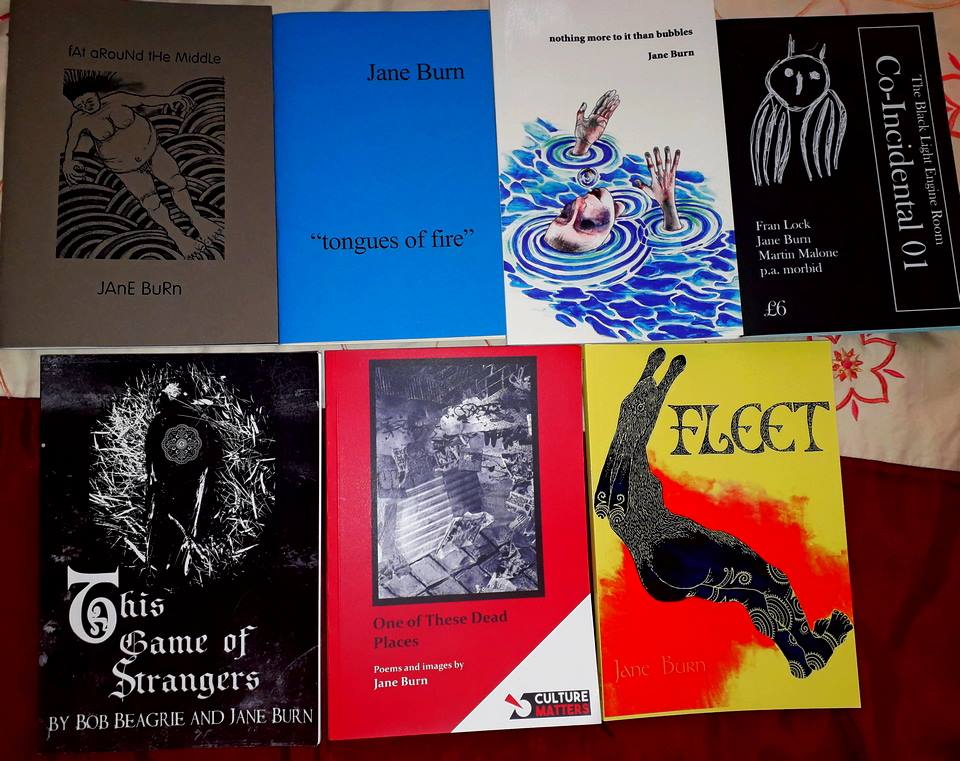
JANE BURN – POETRY AS HARD GRAFT, INSPIRATION, REACTION OR EXPERIMENT?
I interviewed poet & artist Jane Burn who won the Michael Marks Environmental Poet of the Year 2023-24 with A Thousand Miles from the Sea.
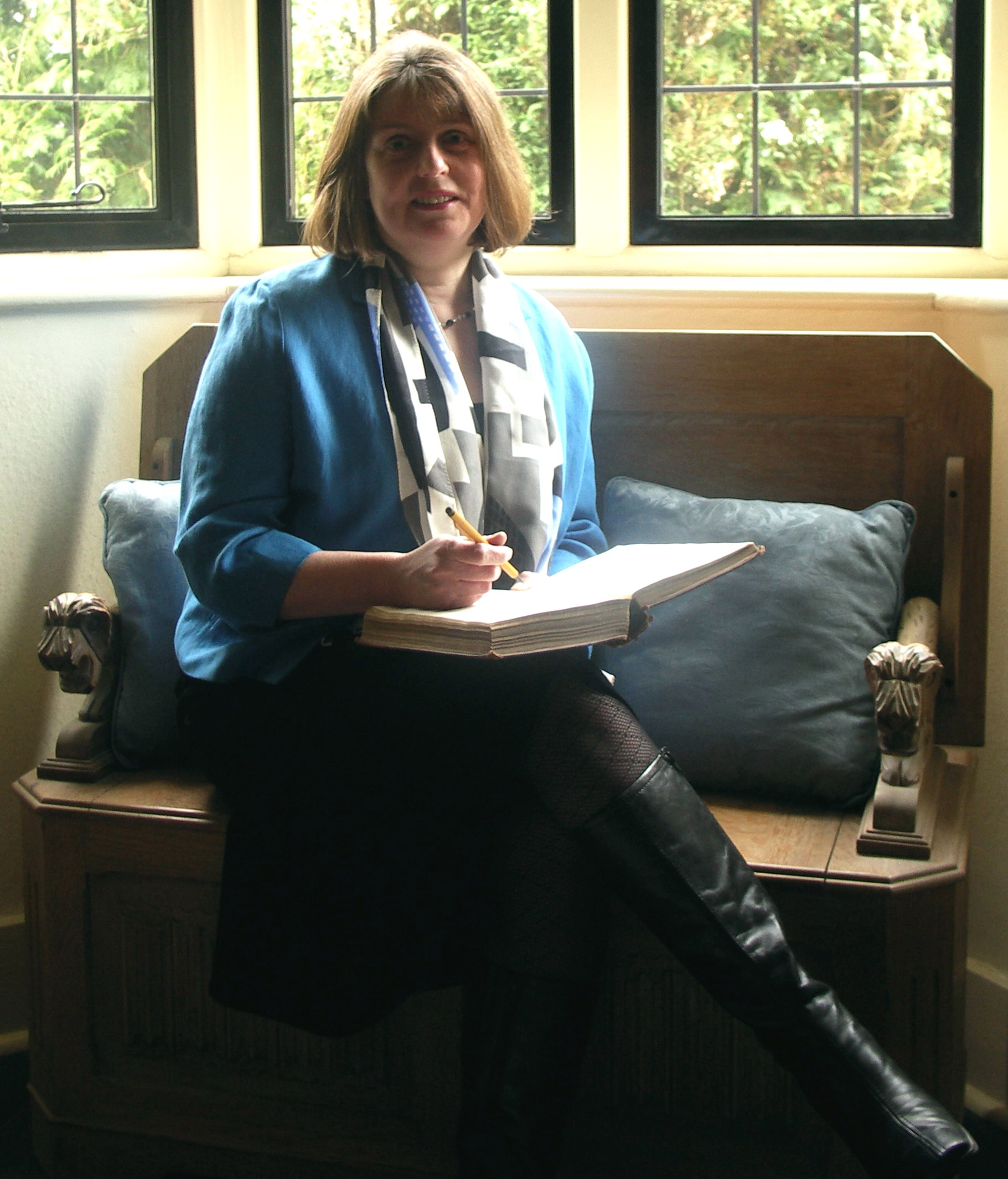
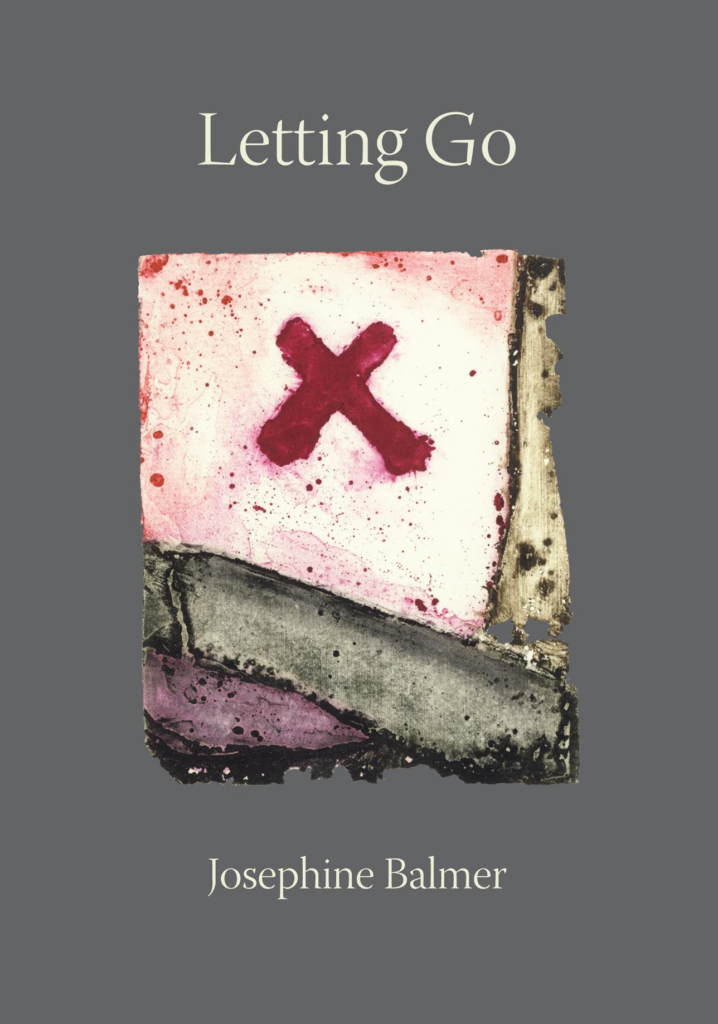
In Part Two of my interview with Josephine Balmer, she talks about how she writes her diverse and poetic books and why a deep, respectful understanding of the past is a vital issue for us today.
Josephine is a poet, classical translator, research scholar and literary critic who has been broadcast on BBC Radio’s The Verb, Poetry Please, Pick of the Week, Foreign Books and Women’s Hour, as well as BBC TV’s The Greeks, Helen of Troy and Oxyrhynchus. She has given readings, seminars and workshops at Ledbury Poetry Festival, Poetry International and Poetry Parnassus. She was Reviews Editor of Modern Poetry in Translation from 2004 to 2009 and is an advisor to the poetry journal Agenda. Presently, she a member of the Classics and Poetry Now Research Group (CAPN), chaired by Lorna Hardwick, and based at Corpus Christi College, Oxford.
Leslie: How does ‘Letting Go’ vary from and develop your previous poetic style? How did you handle the traditional advice of not getting too close to your subject when writing confessionally?
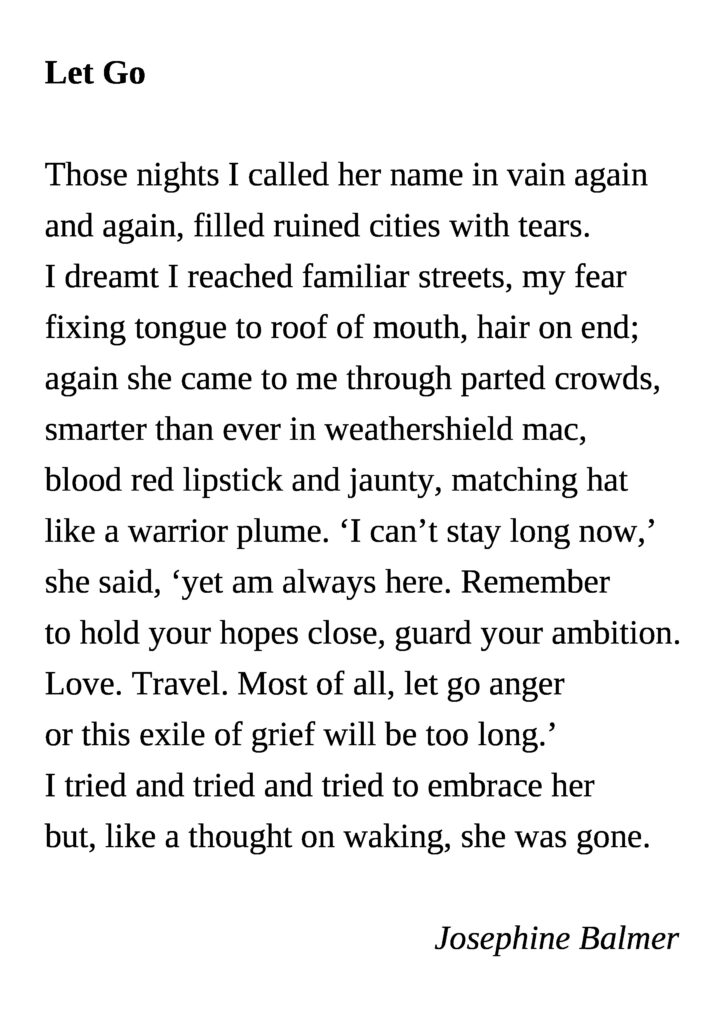
Josephine: Like Chasing Catullus, Letting Go was written in response to a traumatic family event, in this case the very sudden death of my mother from an undiagnosed heart attack. And like Chasing Catullus, it approached that trauma through versions of various classical texts, alongside original poems, which once again provided a distancing device for some extremely personal subject matter. But rather than presenting a narrative of loss, in this volume I was more concerned with the process of acceptance and reconciliation after the shock of such a bereavement. I think here, too, the strict poetic sonnet form I used for most of the volume helped as a distancing technique, not least because it is confined to fourteen lines so you have to be precise – and very concise. So it was a form of exorcism, yes, but an extremely controlled one. I also often used male classical voices to articulate that shock of sudden loss – placing a distance of gender as well as of time and space. For example, the collection’s title poem, ‘Let Go’, is based on a passage from Virgil Aeneid 2 in which the Trojan prince Aeneas escapes from his city as it falls to the Greeks. To his horror, he realises that his wife, Creusa, has gone missing. As he searches for her in vain, her ghost appears to him to tell him to go on without her and found Rome. My new poem, based on the passage, was inspired by a dream in which my mother had appeared to me, like Creusa, out of a crowd in our local High Street.
Leslie: Tell us about your latest book ‘Ghost Passage’. Why is this based on non-literary texts?
Josephine: Well, the volume started life as a project on a series of Roman Writing Tablets excavated during the building of the new Bloomberg Headquarters in the City of London: letters, memos, loan notes and so on – the sort of thing we might now put in the back of a kitchen drawer. Originally it was a one-off event for the London Mithraeum museum at the Bloomberg site, in conjunction with the awesome Dr Charlotte Parkyn of the University of Notre Dame (USA) London Centre whose colleagues and students performed the poems at the Mithraeum as part of the 2019 Being Human Festivals of Arts and Humanities.
As I say, it’s the kind of writing we don’t usually think of as ‘Literature’ with a capital ‘L’, and especially not Poetry. But I found myself drawn to the subject and, in particular, to working with archaeological materials that tell us about the everyday lives of ordinary people, so much so that I expanded the project into a new collection. As a result, the poems of Ghost Passage tease out the stories of those who might have written these forgotten, fragmented texts – the sort of stories from the ancient world we don’t usually hear…
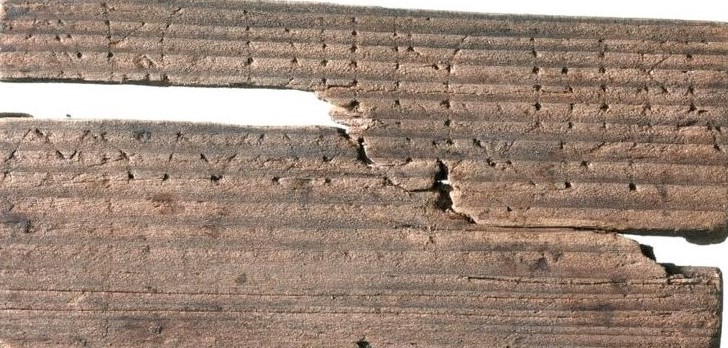
For example, Bloomberg Writing Tablet 79 is scored simply with a Roman alphabet – it reminds me of the string of letters you often find on Sappho’s papyri fragments. It’s thought to have been used as an educational tool, maybe for letter practice or for teaching literacy to British children, and probably dates to just a year or so after Boudica’s revolt razed Roman London to the ground in 60/61 BCE. This gave me the starting point for my poem, evoking images of a city being rebuilt after destruction and war:
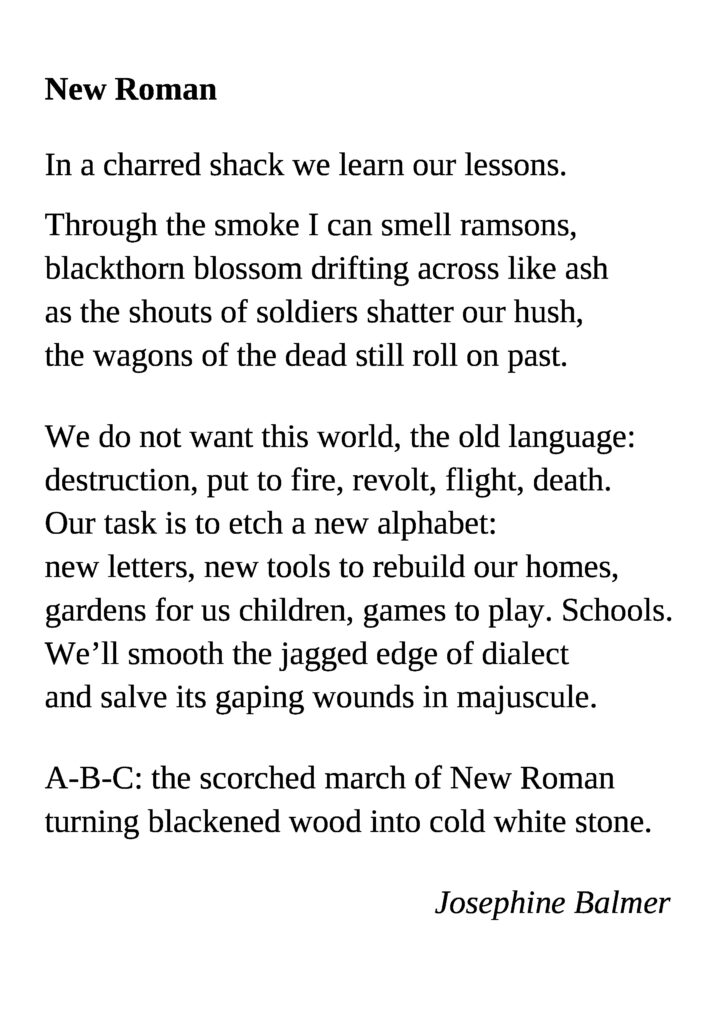
Leslie: Why is cultural survival such a passionate issue for you? Where does your deep attachment to things passed on and passed down come from?
Josephine: As I said above, since childhood I have always loved old things – the stories that they tell, the sense of a long, deep past veined and grooved through them. Maybe it was because my parents, who had lived in terrible housing themselves as children, always preferred to buy brand new houses. They were both teachers and my sister and I moved schools every time they changed jobs so perhaps I was also looking elsewhere for a sense of being rooted. But I do strongly believe that we are our past. That we need to feel not just a keen interest in, and knowledge of, our history but a sense of responsibility to it, whether that means reparation for historic wrongs or a commitment to preserving the beautiful ancient sites we are so lucky to have.
Leslie: In what ways do you see yourself and others shaking up and challenging the UK heritage industry’s picture of who we are?
Josephine: I’d like to think that we can now acknowledge how diverse the classical world, especially Roman Britain, actually was (although a quick check on Twitter would suggest this still seems to be considered a heretical view in some quarters). So the Roman London of Ghost Passage has Greek, Syrian, African and Celtic citizens as well as Romano-British, all found in the sources.
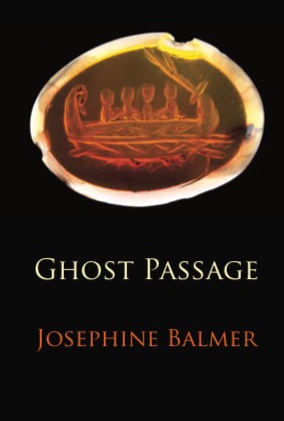
Furthermore, just as classical literature can be expanded beyond epic poetry or tragedy to encompass personal memos and inscriptions, I think it’s important to note that our heritage isn’t just a matter of large stately homes and castles but small, tucked-away treasures like a crumbling ancient fort in a corner of a field or a Roman altar stone in a country church. Each one of these needs sensitive protection and guardianship. Each one is part of our joint heritage.
Leslie: Given the urgency of the rapidly advancing climate/eco breakdown we face, what drives necessary, adaptive, transformative change in a stressed society where time is running out?
Josephine: Respect. That is, a respect both for the past and for the future. Classical artefacts, classical culture, cannot just be for or of the museum. They have to engage in the here and now. The study of classical reception and the history of its various literary works, both of those that have been mostly lost like Sappho’s poetry or Aeschylus’s Myrmidons and those, like Catullus, that have somehow survived, teaches us how very fragile our culture can be. I think the past year, with its renewed threat of nuclear conflict, has made us all think about cultural annihilation. That a lose-lose war would mean the end of everything: Shakespeare, Rilke, Tagore, Basho, One Thousand and One Nights, all gone in the blink of an eye. But as terrifying as the threat of a single catastrophic event like a nuclear exchange can be, we also need to be aware of the slow attritional drip of adverse change over long, long centuries. Languages die slowly. Literary works are lost piece by tiny piece, scrap by scrap, each new damage perhaps barely noticed at the time. Today, in a time of dangerous climate change, that seems an urgent lesson we need to learn more than ever.
Next week, I interview p[icture researcher and abstract artist Annabel Ossel about how she creates her multi-coloured art in several different mediums.
ABOUT LESLIE TATE’S BOOKS:

I interviewed poet & artist Jane Burn who won the Michael Marks Environmental Poet of the Year 2023-24 with A Thousand Miles from the Sea.
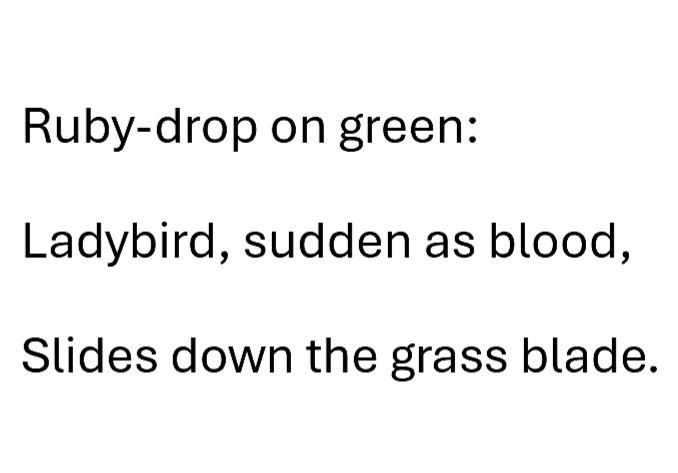
I interviewed ex-broadcaster and poet Polly Oliver about oral and visual poetry, her compositional methods, and learning the Welsh language. Polly says, “I absolutely love
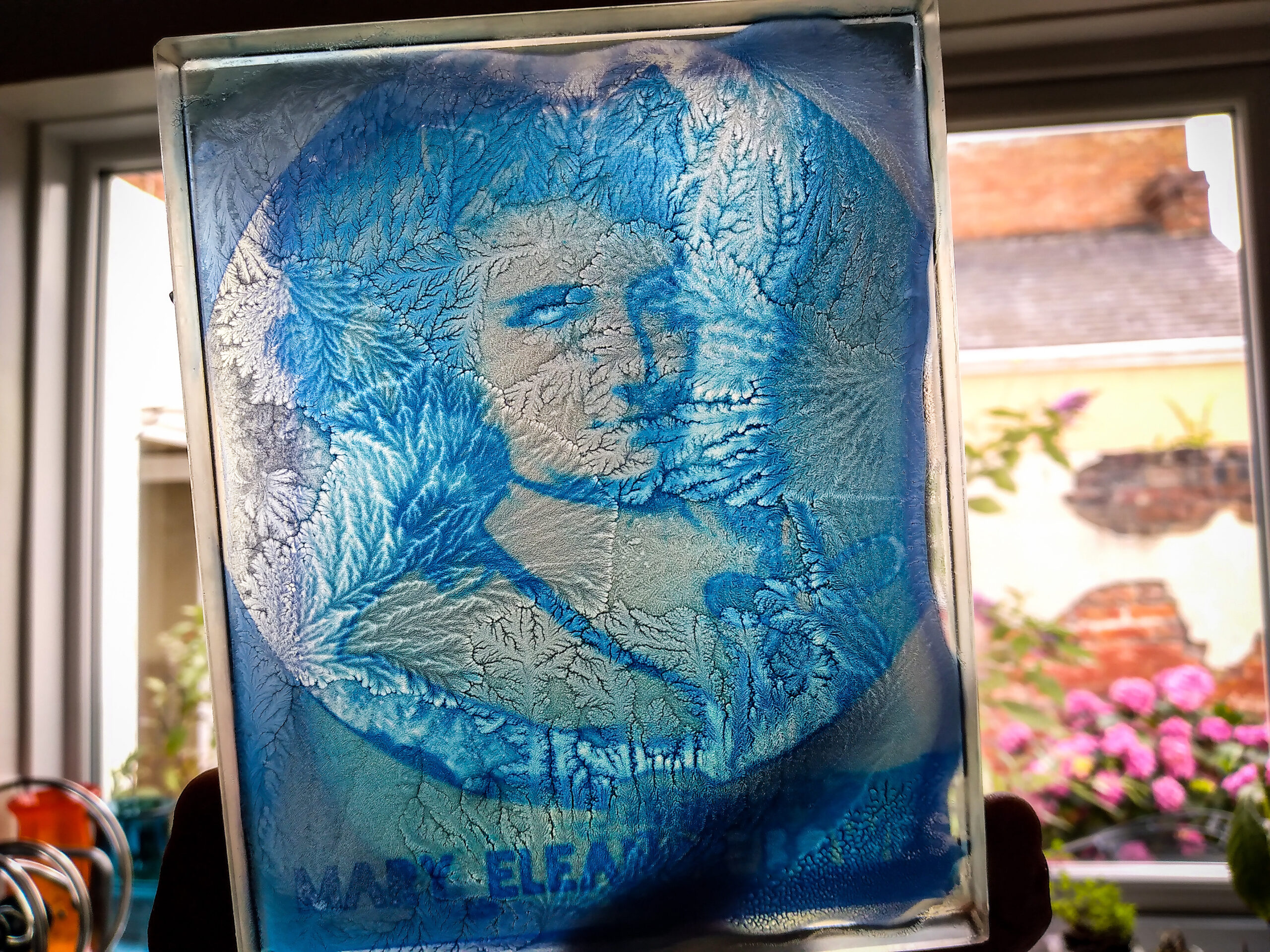
I interviewed Jo Howell who says about herself: “I’ve been a professional photographic artist since I left Uni in 2009. I am a cyanotype specialist.
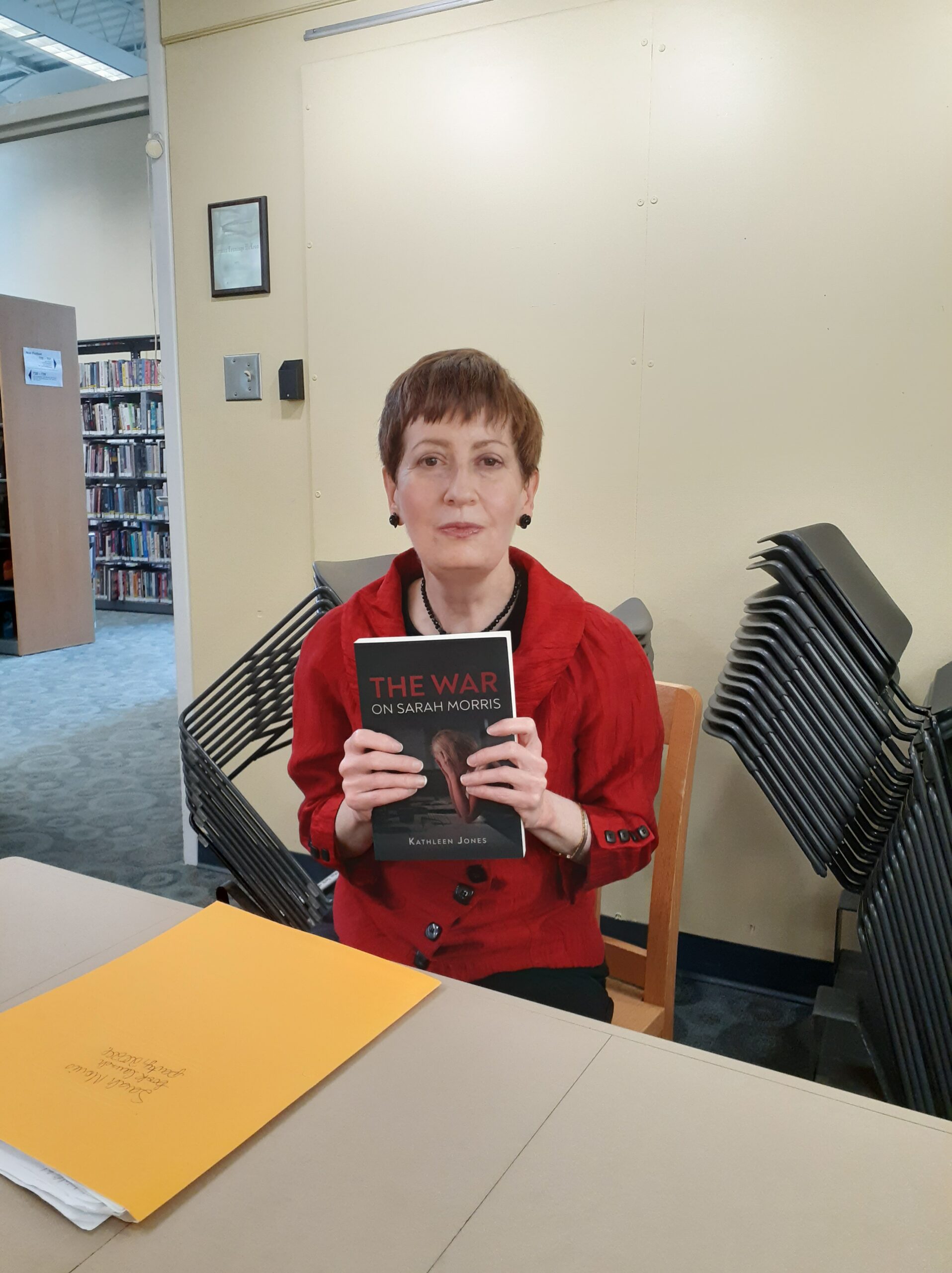
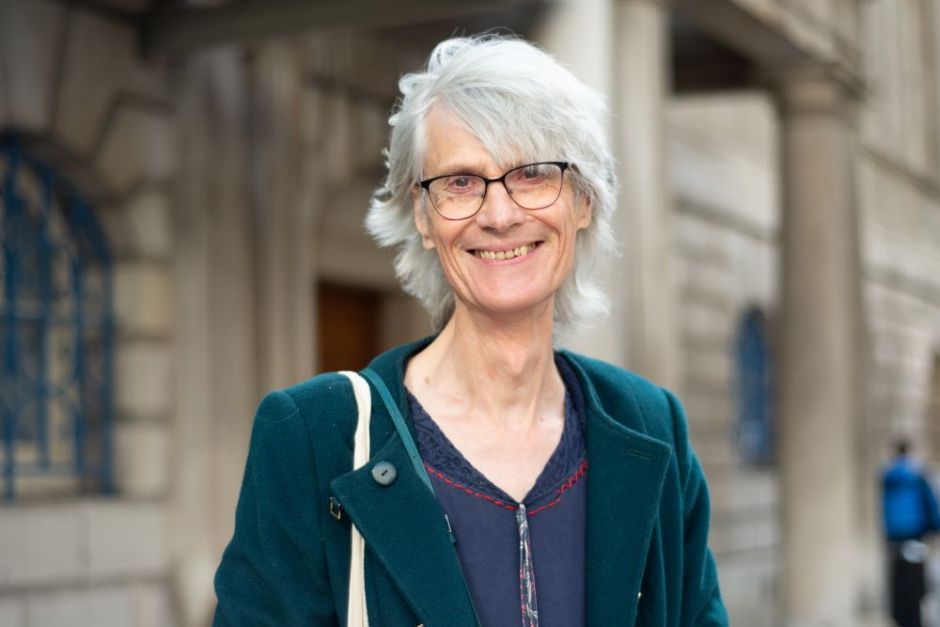
Poet Tracey Rhys, writer of Teaching a Bird to Sing and winner of the Poetry Archive’s video competition reviews Ways To Be Equally Human. Tracey,
| Cookie | Duration | Description |
|---|---|---|
| cookielawinfo-checkbox-analytics | 11 months | This cookie is set by GDPR Cookie Consent plugin. The cookie is used to store the user consent for the cookies in the category "Analytics". |
| cookielawinfo-checkbox-functional | 11 months | The cookie is set by GDPR cookie consent to record the user consent for the cookies in the category "Functional". |
| cookielawinfo-checkbox-necessary | 11 months | This cookie is set by GDPR Cookie Consent plugin. The cookies is used to store the user consent for the cookies in the category "Necessary". |
| cookielawinfo-checkbox-others | 11 months | This cookie is set by GDPR Cookie Consent plugin. The cookie is used to store the user consent for the cookies in the category "Other. |
| cookielawinfo-checkbox-performance | 11 months | This cookie is set by GDPR Cookie Consent plugin. The cookie is used to store the user consent for the cookies in the category "Performance". |
| viewed_cookie_policy | 11 months | The cookie is set by the GDPR Cookie Consent plugin and is used to store whether or not user has consented to the use of cookies. It does not store any personal data. |